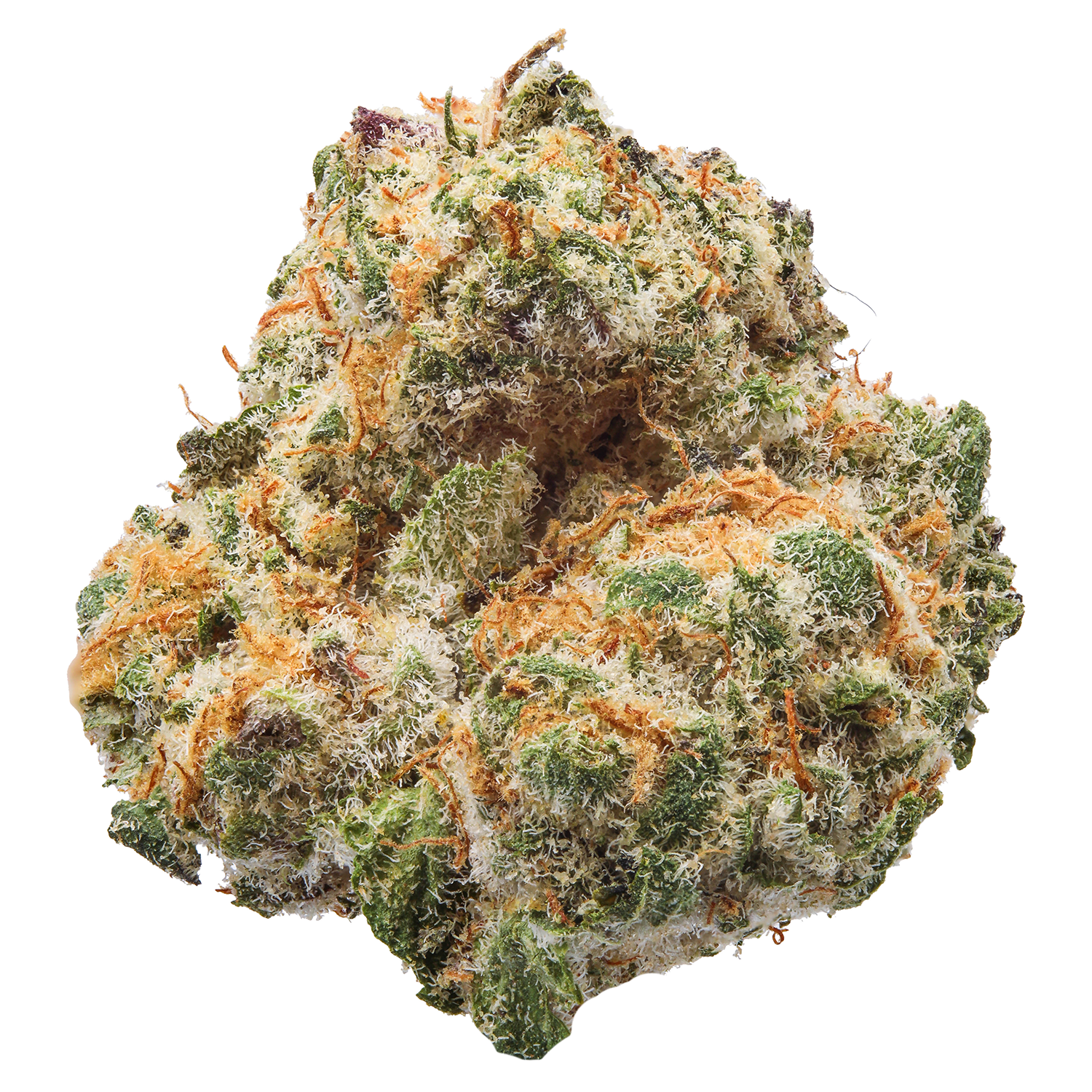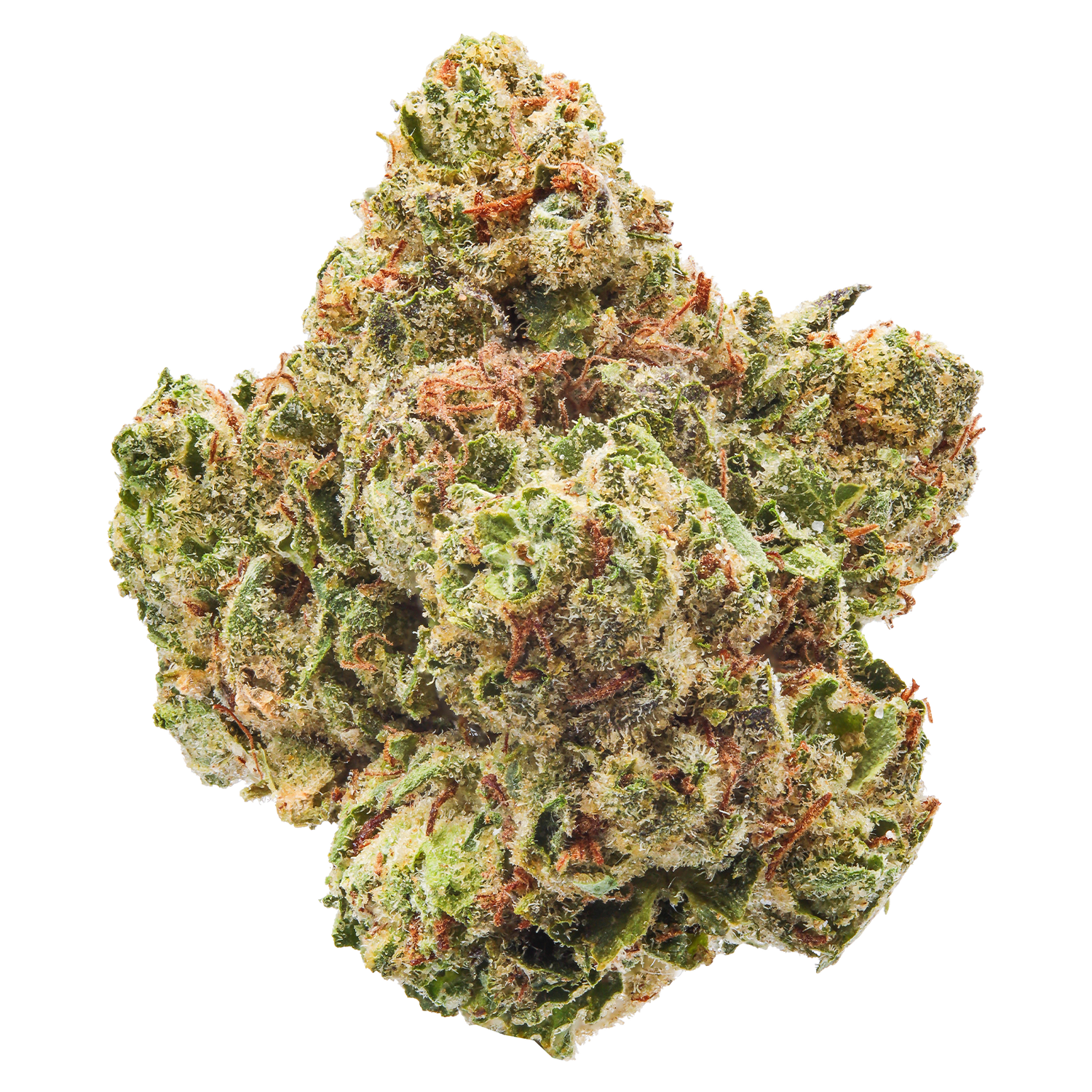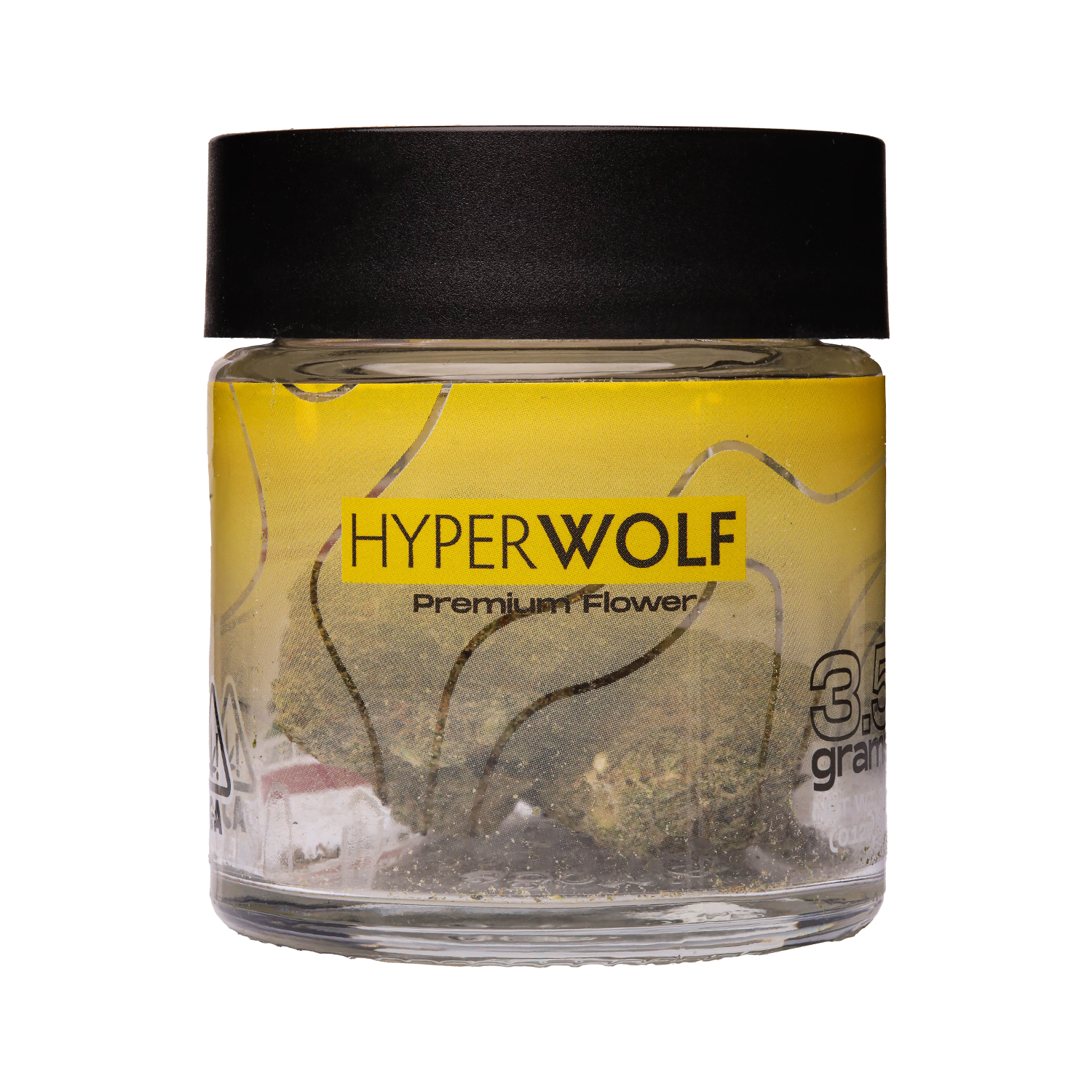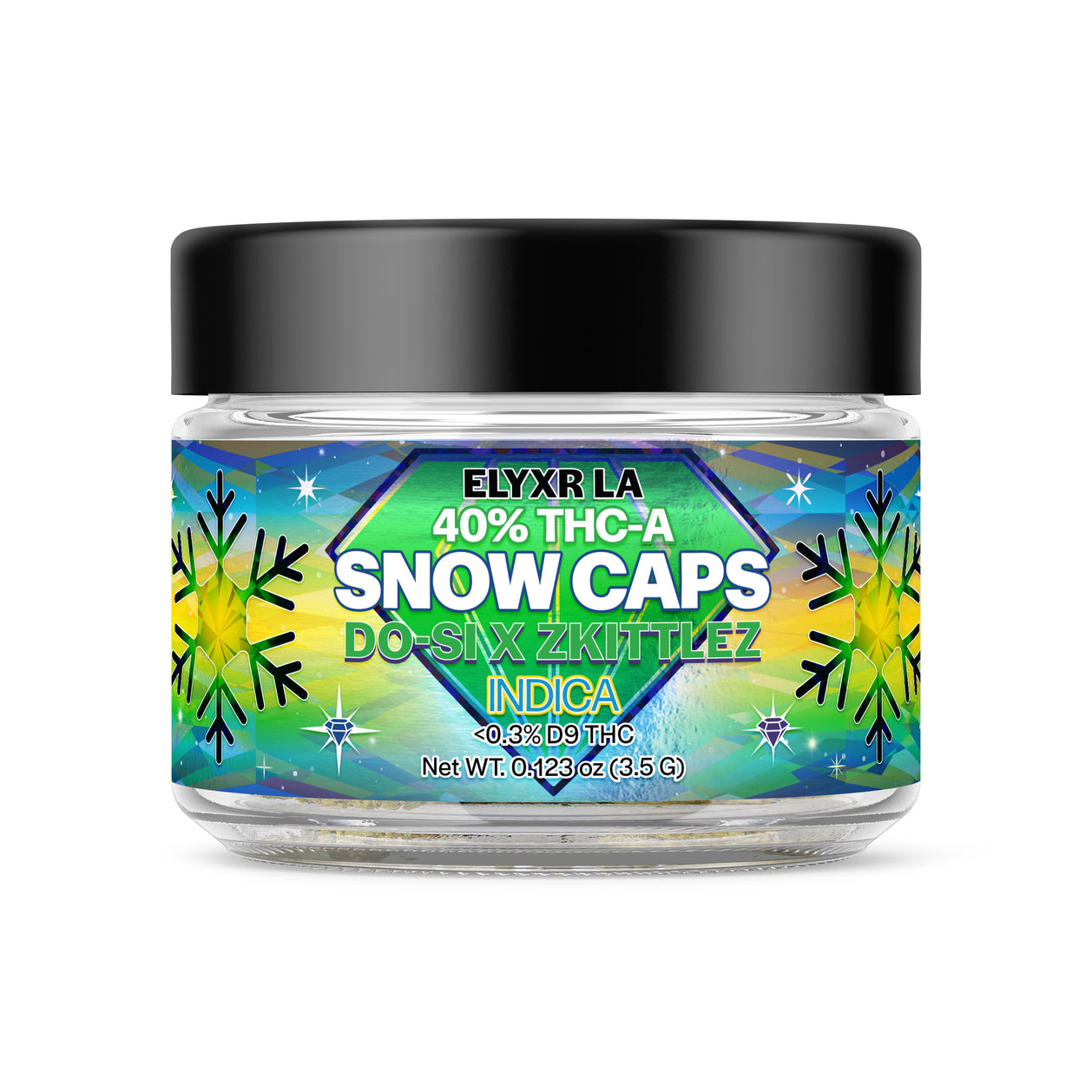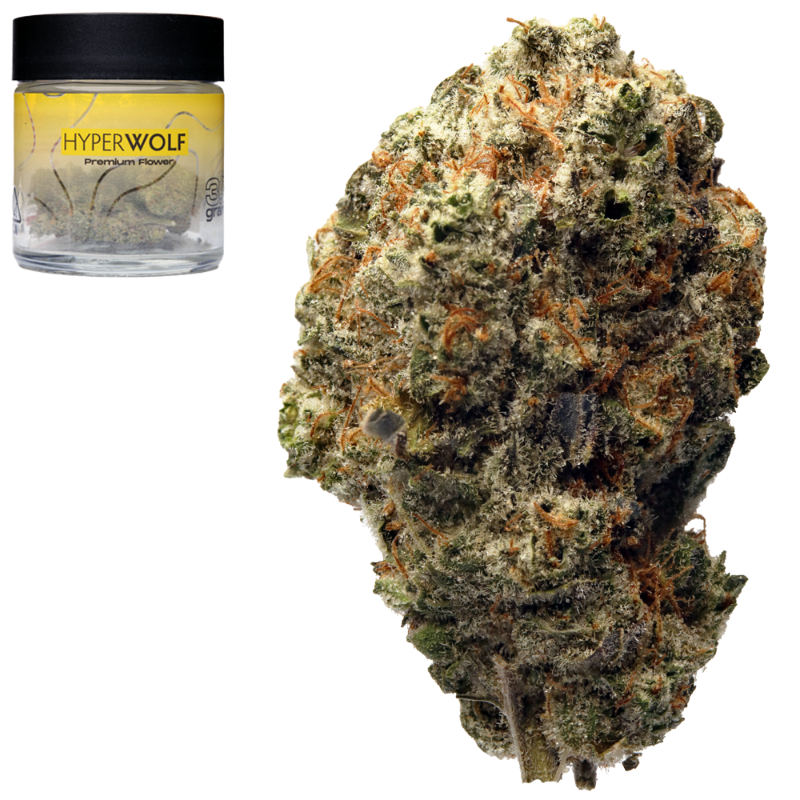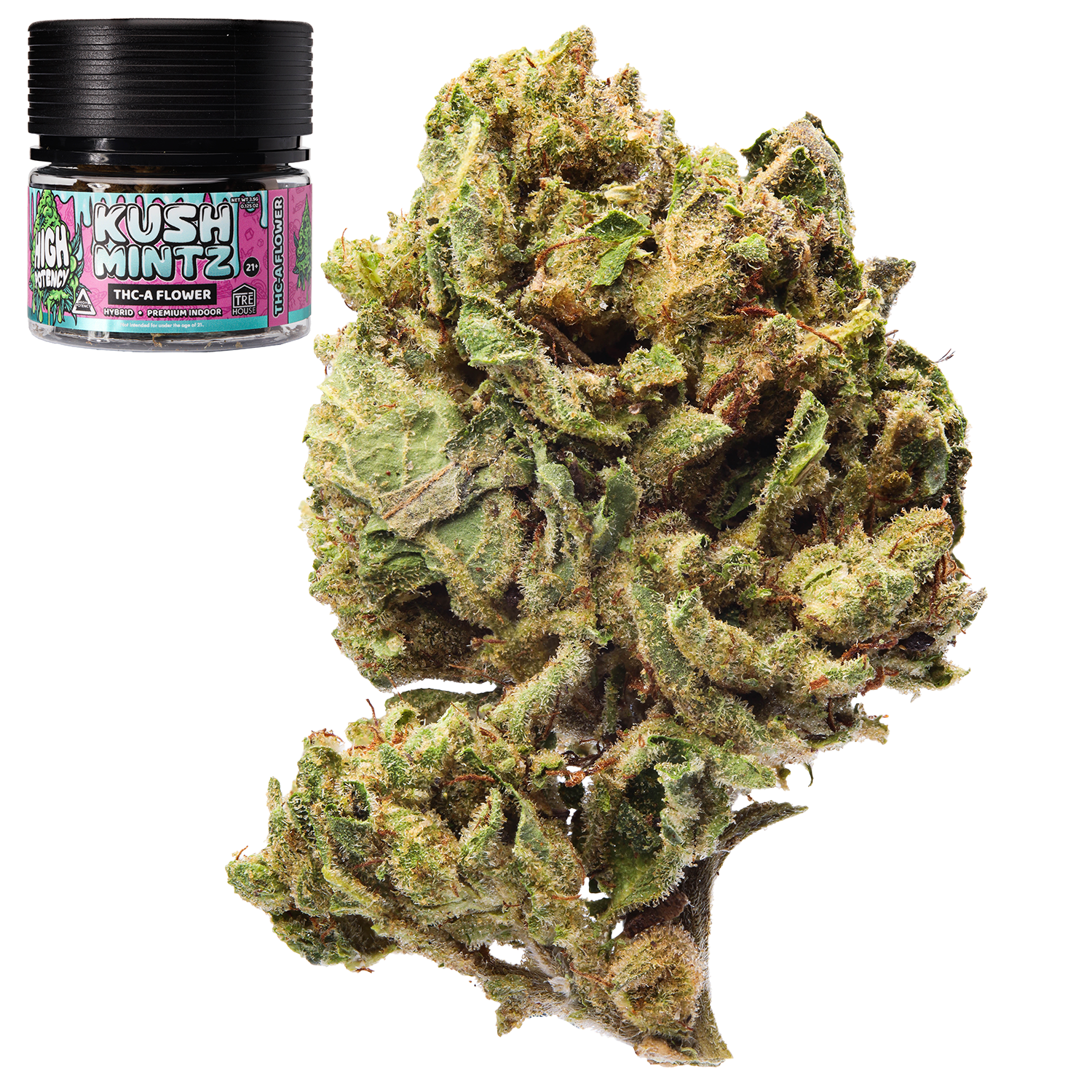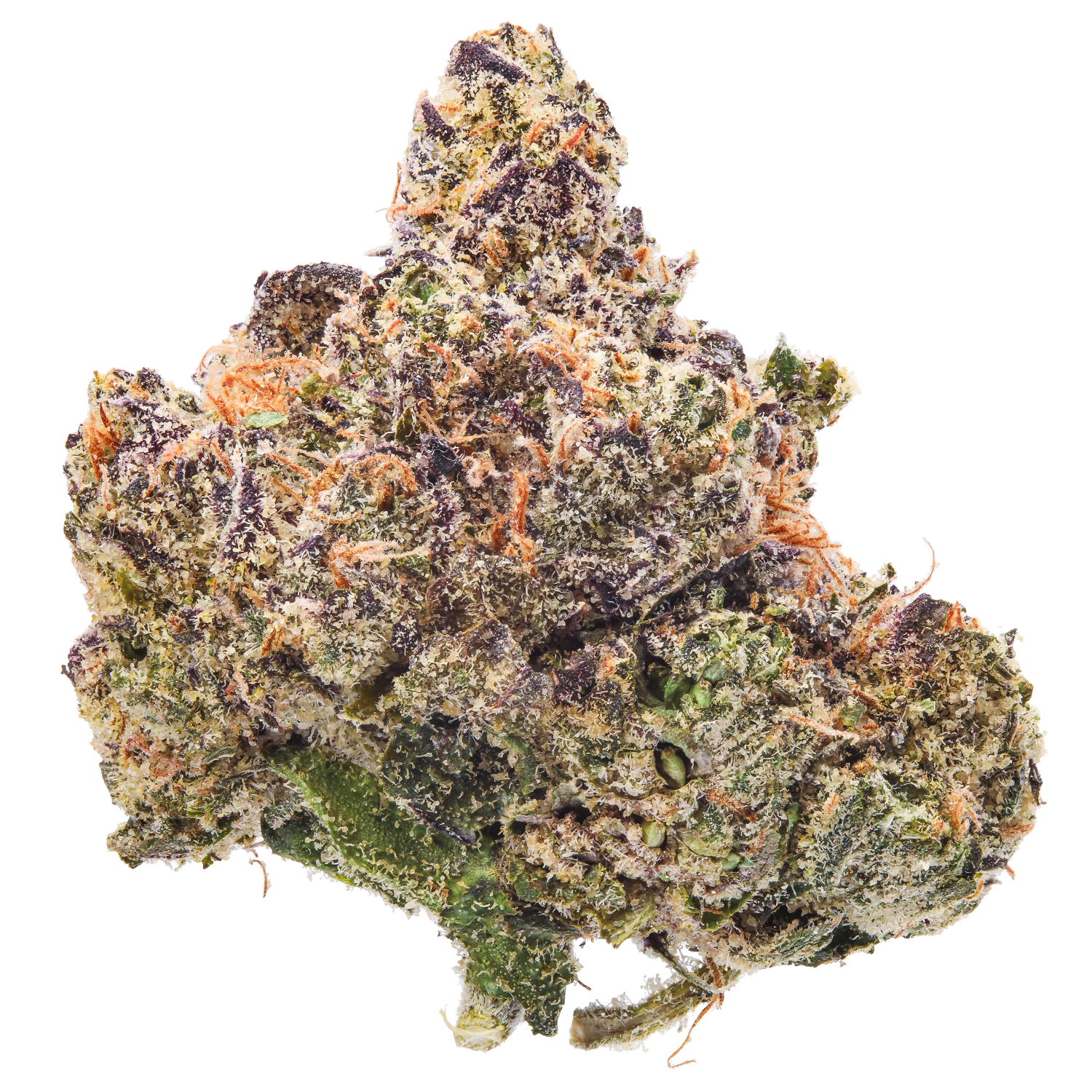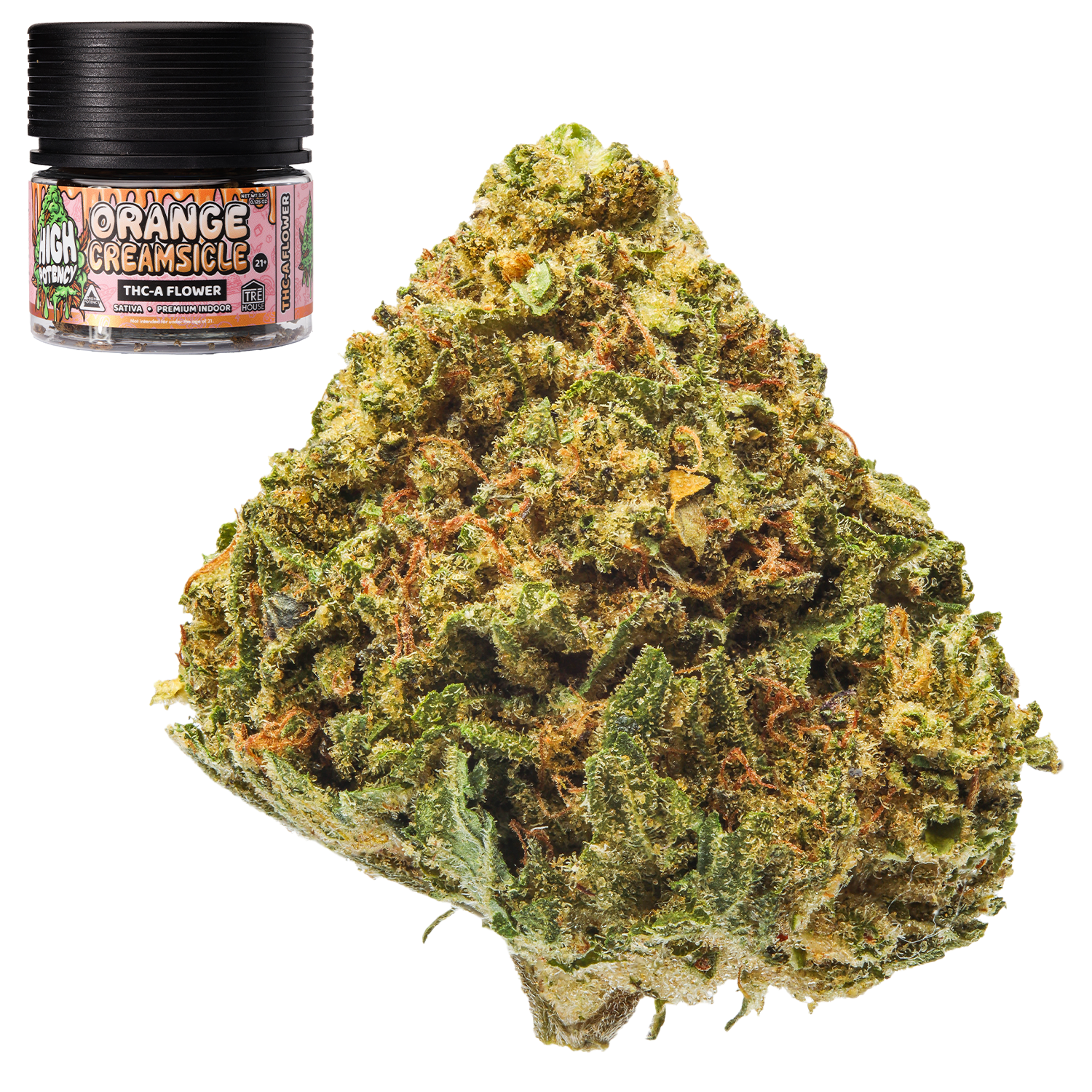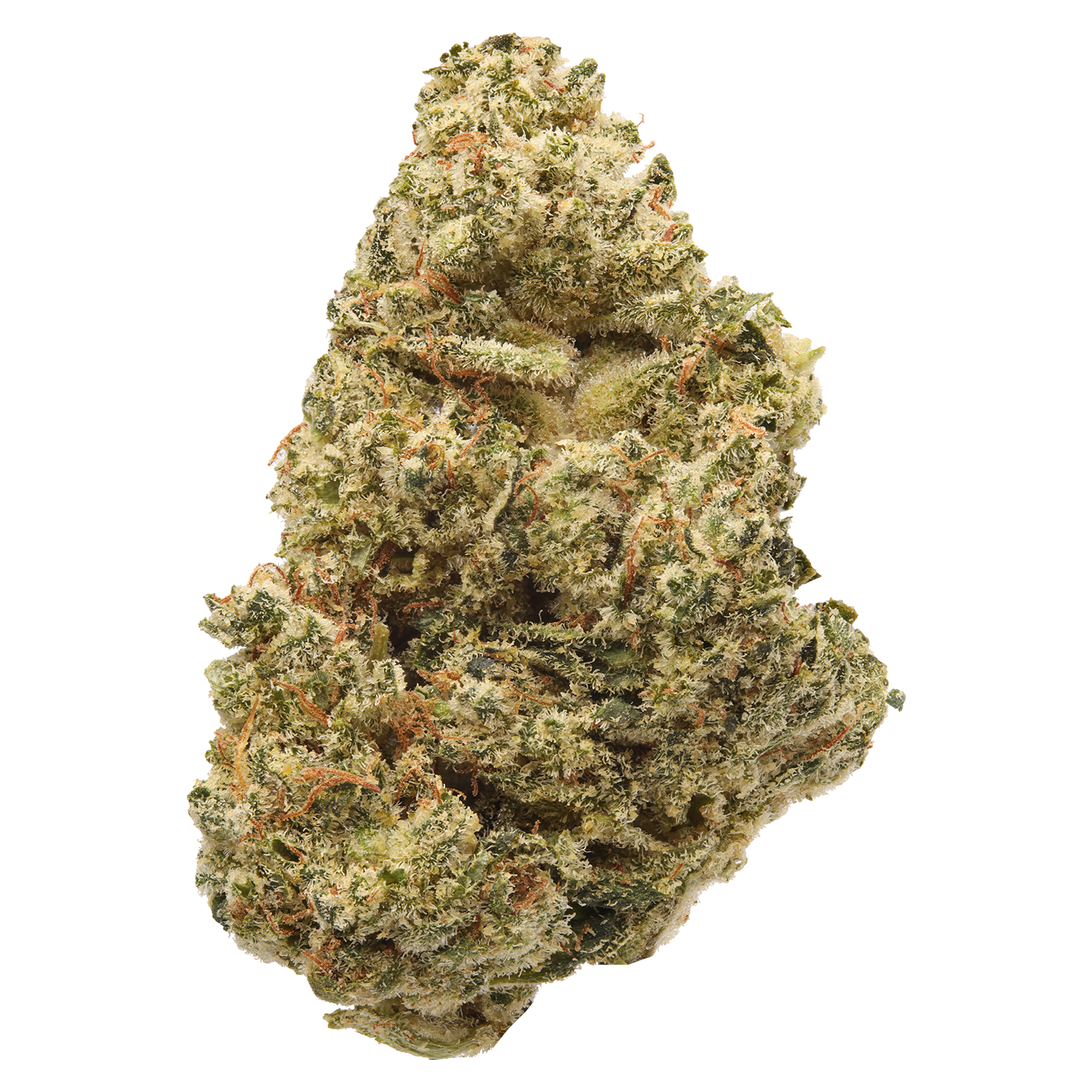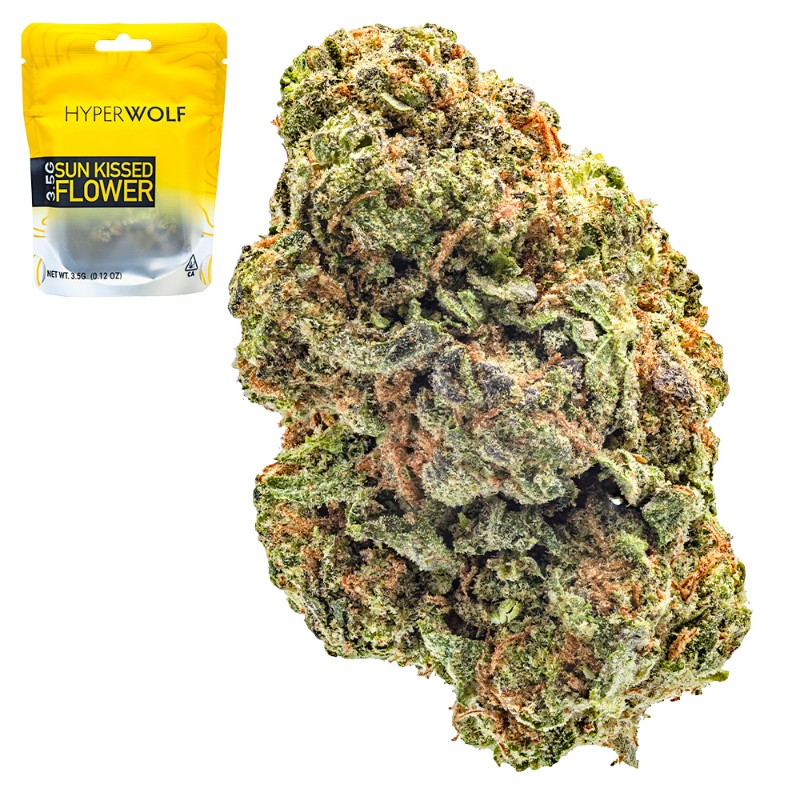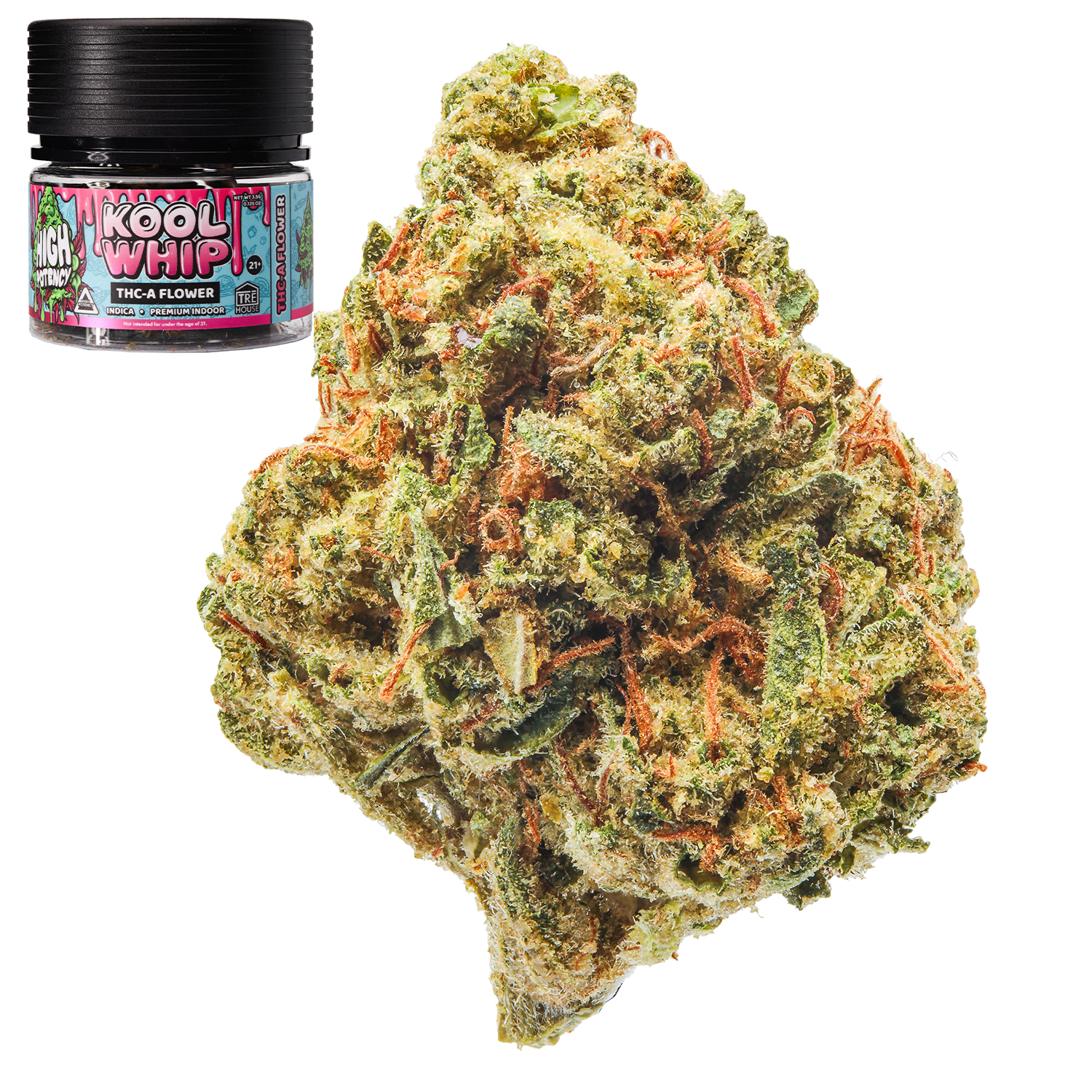Best CBD for sleep? You’ve come to the right place.
In today’s fast-paced world, quality sleep has become an elusive luxury for many. Whether it’s the constant buzz of our digital lives, stress, or even physical discomfort, getting a good night’s rest often feels like a challenge.
That’s where CBD (cannabidiol) comes in.
Known for its potential to support relaxation and reduce stress, CBD has gained popularity as a natural sleep aid. In this comprehensive guide, we’ll explore everything you need to know about using CBD for sleep, from how it works to the best products on the market. If you’re tired of tossing and turning at night, keep reading—this could be the answer you’ve been searching for.
Understanding CBD and How It Works
Before diving into how CBD can improve your sleep, let’s first break down what CBD is and how it works in the body. CBD is one of many compounds found in cannabis, specifically in hemp. Unlike THC (tetrahydrocannabinol), the compound responsible for marijuana’s psychoactive effects, CBD is non-intoxicating, meaning it won’t make you feel “high.”
CBD interacts with the endocannabinoid system (ECS), which plays a key role in regulating a variety of physiological processes, including sleep, appetite, mood, and pain. By interacting with receptors in the ECS, CBD helps bring the body back into balance, creating a state of homeostasis that can promote better sleep.
There are still many studies underway to fully understand how CBD impacts the sleep cycle, but research suggests that it may help by reducing anxiety and stress, both of which are major contributors to sleep disturbances.
Image: https://unsplash.com/photos/green-and-white-labeled-bottle-NDPUzuo5a8M?utm_content=creditShareLink&utm_medium=referral&utm_source=unsplash Alt text: CBD gummies
The Science Behind CBD and Sleep
Let’s get a bit more technical here. The relationship between CBD and sleep is primarily due to CBD’s impact on the endocannabinoid system. The ECS regulates several vital functions, including circadian rhythms, which control the body’s internal clock. When disrupted, circadian rhythms can lead to difficulty falling asleep and staying asleep.
Research suggests that CBD has a calming effect on the nervous system, reducing levels of cortisol, a hormone associated with stress. When cortisol levels drop, your body is better able to relax and fall into a deep, restorative sleep. In fact, studies have shown that CBD can reduce anxiety, making it easier for individuals with insomnia or other sleep disorders to fall asleep naturally.
Additionally, CBD may also influence sleep stages. One study found that CBD could increase the amount of time spent in deep sleep, which is considered the most restorative phase of the sleep cycle. Deep sleep helps the body repair and rejuvenate, making it essential for overall mental and physical health.
Benefits of Using CBD for Sleep
CBD offers a range of potential benefits that make it an attractive alternative to traditional sleep aids that help you to fall asleep faster. Here’s a closer look at some of the top advantages of using CBD for better sleep:
- Natural and Non-Habit Forming: Unlike many prescription sleep medications, CBD is natural and does not carry the same risk of dependency or withdrawal symptoms. This makes it an ideal option for those who want to avoid the potential downsides of pharmaceutical sleep aids.
- Relieves Anxiety and Stress: Stress and anxiety are common culprits behind poor sleep. By calming the mind, CBD may help reduce racing thoughts, making it easier to fall asleep and stay asleep.
- Pain Relief: For those who struggle to sleep due to chronic pain, CBD’s anti-inflammatory properties can provide relief, helping individuals sleep more comfortably throughout the night.
- Promotes a More Restful Sleep: While traditional sleep medications may make you feel groggy or disoriented the next day, CBD’s impact on sleep tends to be more subtle. It promotes a natural sleep cycle that allows for deep, restorative rest without lingering side effects.
Types of CBD Products for Sleep
When it comes to choosing the right CBD product to help with sleep, there are several options available. Each type has its own set of benefits, so it’s important to find what works best for your personal preferences and needs.
- CBD Oils and Tinctures: CBD oils and tinctures are a popular option because they’re fast-acting and easy to dose. Simply place a few drops under your tongue about 30 minutes before bed, and you’ll likely feel the calming effects within an hour.
- CBD Capsules and Softgels: For those who prefer a more controlled dose, CBD capsules or softgels are a great option. They’re easy to take and allow for precise dosing. However, they may take a bit longer to kick in, as they need to be digested first.
- CBD Sleep Gummies: CBD gummies are an incredibly popular choice, especially for those who want a tasty way to take their CBD. They come in a variety of flavors and dosages, making it easy to find one that suits your needs. The only downside is that they may take longer to take effect than tinctures or capsules.
- CBD Topicals: While not necessarily designed for sleep, CBD creams, lotions, and balms can be helpful for addressing localized pain or tension that may be keeping you awake. Apply a topical product to areas like your neck or shoulders before bed to promote relaxation.
- CBD Vapes: For those looking for fast relief, CBD vapes can work quickly. However, vaping may not be the best option for everyone, particularly those with respiratory concerns. If you choose to vape, be sure to use a reputable product and avoid harmful additives.
Image: https://unsplash.com/photos/woman-sleeping-on-bed-under-blankets-rUc9hVE-L-E?utm_content=creditShareLink&utm_medium=referral&utm_source=unsplash Alt text: girl sleeping on gray sheets
How to Choose the Right CBD for Sleep
Choosing the right CBD product for sleep can be overwhelming with the wide variety of options available, but there are key factors to consider to make an informed decision.
Start with a product that has a moderate concentration of CBD and adjust as needed based on your experience, especially if you’re new to CBD—begin with a lower dose to gauge your body’s response.
When deciding between full-spectrum CBD and isolate, full-spectrum products are generally recommended for sleep, as they contain a range of cannabinoids and terpenes that work together to enhance the calming effects, whereas CBD isolate contains only pure CBD.
Always look for products that have been tested by third-party labs to ensure they are free from contaminants and contain the advertised amount of CBD. Additionally, research the brand’s reputation by reading reviews and customer feedback to ensure transparency about their sourcing and manufacturing practices.
Recommended Dosage of CBD for Sleep
Finding the right dosage of CBD for sleep can be a trial-and-error process, as everyone’s body is different. However, there are general guidelines that can help you get started:
- Start Low and Slow: It’s always best to begin with a small dose, around 5–10mg of CBD, and gradually increase it until you find the dosage that works best for you. Many people find that 20–40mg of CBD is effective for improving sleep.
- Factors Affecting Dosage: Your weight, metabolism, and the severity of your sleep issues all play a role in determining the right dosage. Heavier individuals may need a higher dose, while lighter individuals may be more sensitive to CBD’s effects.
- Common Dosage Ranges:
- Tinctures: Start with 1–2 drops (approximately 5–10mg) and increase gradually.
- Capsules: Begin with one capsule (10–20mg) and adjust as needed.
- Gummies: Typically contain 5–10mg per gummy, so start with one.
Remember, it’s important to be patient. It may take a few days or even weeks to find the right dose and see the full benefits.
CBD for Sleep vs. Other Sleep Aids
When comparing CBD to traditional sleep aids, it’s clear that CBD offers several advantages over its pharmaceutical counterparts.
Prescription medications like benzodiazepines and sleep aids such as Ambien may help you fall asleep quickly, but they come with potential side effects, including dependency and daytime grogginess. In contrast, CBD is natural and non-habit forming, making it a safer long-term option.
While herbal sleep aids like valerian root and chamomile have been used for centuries, they may not be as effective for everyone. CBD, however, offers a unique solution by directly targeting the endocannabinoid system (ECS) to promote deeper, more restorative sleep.
Though CBD is generally well-tolerated, it can cause mild side effects, such as drowsiness or dry mouth, but these effects are typically short-lived and much less severe than those associated with prescription medications.
Image: https://unsplash.com/photos/woman-closing-her-eyes-on-white-flower-zgohOdeKpnA?utm_content=creditShareLink&utm_medium=referral&utm_source=unsplash Alt text: girl surrounded by flowers
How Long Does It Take for CBD to Work for Sleep?
One of the most common questions people have about CBD is how quickly it will take effect. Unfortunately, there’s no one-size-fits-all answer, as it depends on the individual and the form of CBD used.
- Immediate vs. Long-Term Effects: For tinctures or vapes, you may start feeling the effects within 30 minutes to an hour. For gummies or capsules, it may take longer due to the digestion process, usually around 1–2 hours.
- How Long CBD Stays in the System: CBD has a relatively long half-life, meaning it stays in your system for a while. This is why many people find that using CBD consistently over a period of time helps them achieve better sleep quality.
Potential Side Effects of CBD
Although CBD is generally considered safe, it can cause mild side effects in some individuals. These include:
- Dry mouth
- Dizziness
- Fatigue
To minimize the risk of side effects, it’s important to start with a low dose and monitor how your body responds. If you experience any discomfort, reduce your dosage or consult with a healthcare provider.
How to Incorporate CBD into Your Sleep Routine
Consistency is key when it comes to using CBD for sleep. Here are some tips for making CBD part of your nightly routine:
- Timing: Take your CBD about 30–60 minutes before bed to allow it to take effect.
- Create a Relaxing Environment: Combine CBD with other relaxing activities like reading, meditation, or stretching to promote a calming environment.
- Stay Consistent: Use CBD consistently for several days or weeks to experience the full benefits. It may take time for your body to adjust and for the calming effects to kick in.
Image: https://unsplash.com/photos/woman-sitting-on-white-bed-while-stretching-wBuPCQiweuA?utm_content=creditShareLink&utm_medium=referral&utm_source=unsplash Alt text: girl stretching in bed
CBD for Sleep in Special Populations
CBD can be beneficial for various groups of people who struggle with sleep for different reasons. For seniors, it can help alleviate challenges like pain, anxiety, or changes in circadian rhythms that interfere with sleep, leading to better sleep quality.
Shift workers, who often deal with irregular hours, may find that CBD helps regulate their sleep cycle and improve the quality of their rest.
Additionally, individuals with PTSD, who often experience sleep disturbances such as nightmares, may benefit from CBD’s calming and anti-anxiety properties, making it easier to achieve a more restful night’s sleep.
CBD and Sleep in Mental Health
CBD’s potential benefits for sleep extend beyond just physical relaxation. For individuals dealing with mental health issues like anxiety or depression, CBD may help improve sleep quality by addressing the root causes of sleep disturbances:
- Reducing Stress and Anxiety: CBD has been shown to have calming effects on the nervous system, helping to reduce the mental chatter that keeps many people awake at night.
- Managing Depression: For individuals with depression, sleep problems are often a symptom. By improving mood and reducing stress, CBD can help manage depression-related sleep disturbances.
Myths and Misconceptions About CBD for Sleep
As CBD becomes more popular, there are a few myths that continue to circulate. Let’s debunk some of the most common ones:
- CBD Makes You “High”: CBD is non-psychoactive, meaning it won’t get you high. The psychoactive effects are due to THC, not CBD.
- CBD is a Miracle Cure: While CBD has many potential benefits, it’s not a one-size-fits-all solution. It may take time to find the right dosage and product for your needs.
- CBD is Only for Severe Conditions: You don’t need to have a chronic condition to benefit from CBD. It’s useful for anyone looking to improve their sleep quality.
How to Safely Use CBD for Sleep
To maximize the benefits of CBD, it’s important to use it responsibly. Start with a low dose and gradually increase it until you find the optimal amount for your body and sleep patterns.
Additionally, if you’re taking other medications or have underlying health issues, it’s a good idea to consult a healthcare provider before starting a CBD regimen to ensure it’s safe and effective for your specific needs.
Image: https://unsplash.com/photos/pink-bell-alarm-clock-showing-210-I84vGUYGUtQ?utm_content=creditShareLink&utm_medium=referral&utm_source=unsplash Alt text: pink alarm clock
Best CBD for Sleep: Conclusion
CBD has emerged as a promising natural sleep aid for those struggling with insomnia symptoms, anxiety, and other sleep disruptions. By interacting with the endocannabinoid system, CBD helps promote relaxation and support a deeper, more restorative sleep cycle.
Whether you prefer oils, gummies, or capsules, there’s a CBD product out there for everyone. Start slow, find the right dosage, and enjoy the restful sleep you’ve been missing.
Frequently Asked Questions
1. Is it okay to take CBD every night for sleep?
Yes, it is generally safe to take CBD every night for sleep, as it is non-habit forming and has minimal side effects. However, it’s important to start with a low dose and monitor how your body responds. If you have any concerns or are taking other medications, it’s always a good idea to consult a healthcare provider before establishing a nightly routine.
2. What is the best CBD gummie for sleep?
The best CBD gummy for sleep will depend on your personal preferences and needs, but gummies that contain full-spectrum CBD combined with other natural sleep aids like melatonin, chamomile, or valerian root tend to be popular. Look for products that are third-party tested for quality and potency to ensure you’re getting the most effective formula.
3. What is the best CBD ratio for sleep?
The ideal CBD ratio for sleep may vary depending on individual factors, but a balanced ratio of CBD to THC, such as 1:1 or 2:1, can be effective for many people. Full-spectrum CBD products often provide the entourage effect, which can enhance the relaxing and sleep-inducing effects. Experimenting with different ratios can help you find the optimal one for your body.
4. How much CBD should I take for sleep?
The amount of CBD needed for sleep varies from person to person. A general recommendation is to start with a low dose (10-15 mg) and gradually increase by 5-10 mg until you find the dosage that works for you. For some, higher doses (30 mg or more) may be needed for optimal results, but it’s important to adjust based on your personal tolerance and needs. Always consult a healthcare provider if you’re unsure.





